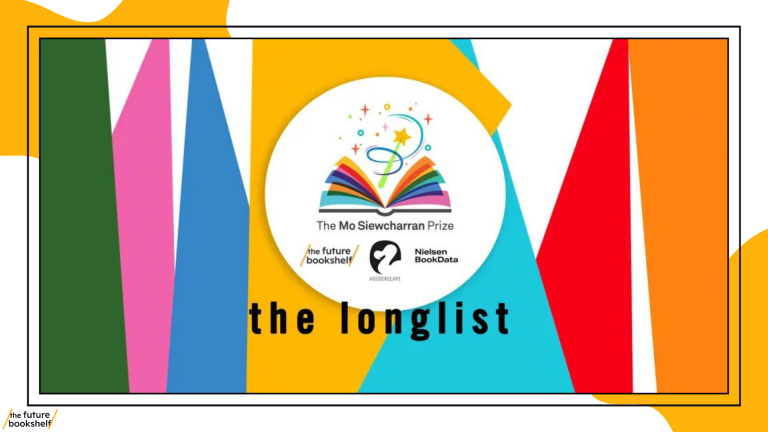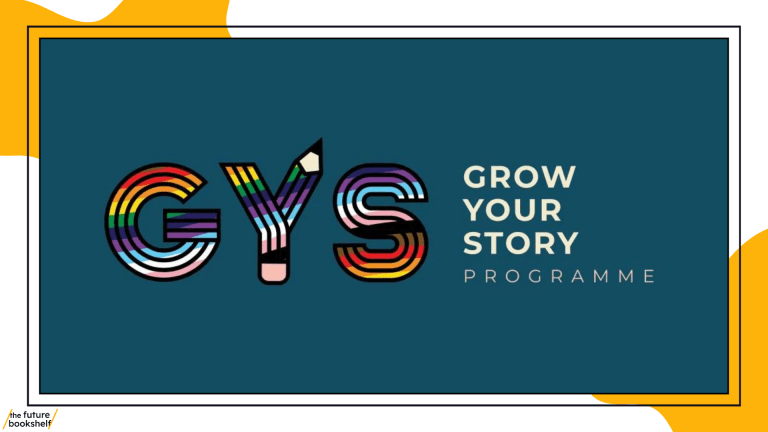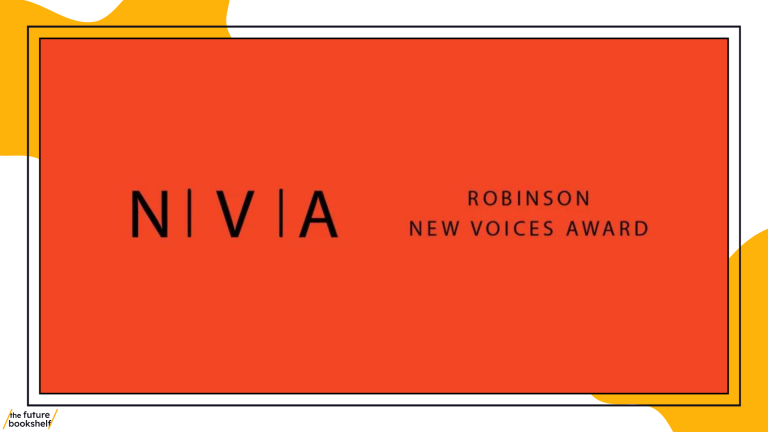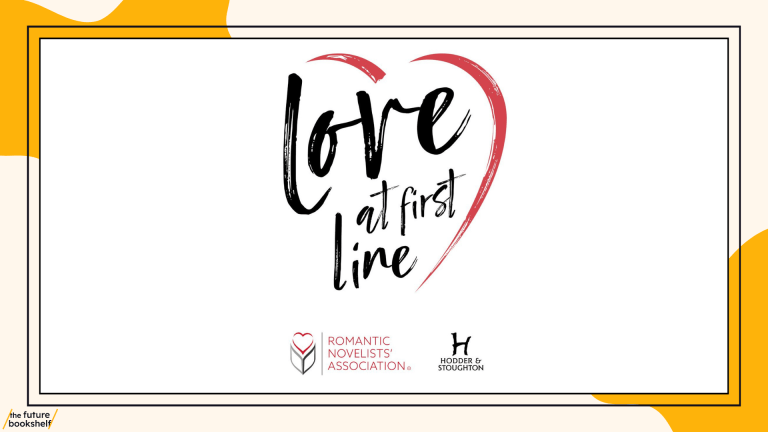Recommended Reading – Nick Hornby
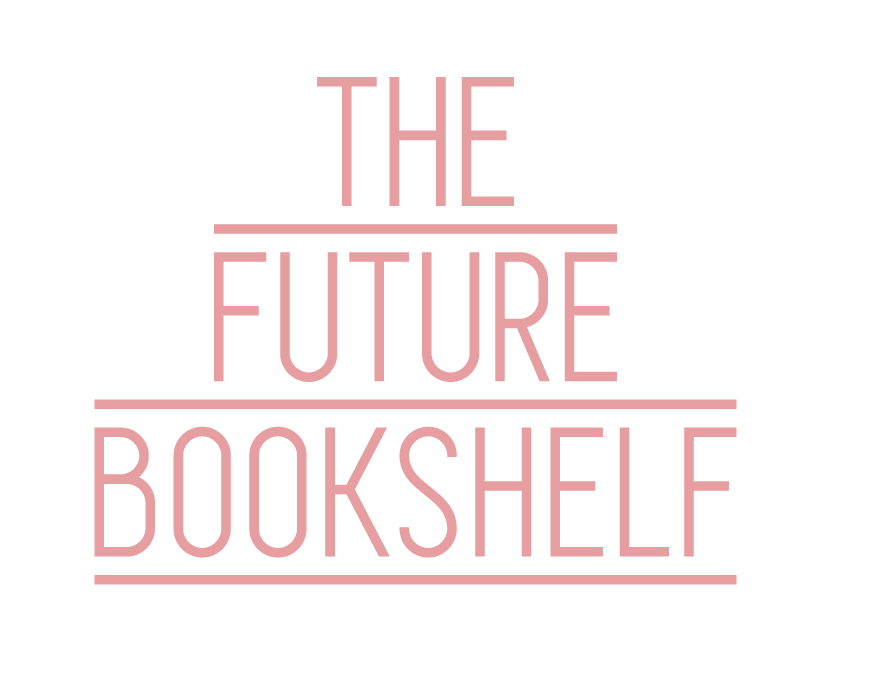
Nick Hornby: a writer with something important to say.

I discovered Nick Hornby as a wide-eyed 13 year old, devouring A Long Way Down – perhaps too young – and feeling shaken to the core by its unabashed exploration of suicide, depression, isolation, all in an uncluttered and unpretentious style, which I would turn back to time and time again in my teenage years.
For me, the magic of Hornby’s writing was in his examination of the everyday, highlighting how ordinary lives are filled with intrigue, hope, heartbreak, and melancholy, all in equal measure. While extremely funny, Hornby’s novels all have a note of darkness to them, a bleakness of a reality that is inescapable. Instead of finding this disheartening as a young girl, I found his work refreshing and fascinating. Nick Hornby’s novels sparked a curiosity about the lives and relationships of those around me, leading to a lifetime of wanting to connect with others.
Hornby is one of those rare authors who produce books that are huge commercial successes as well as critically acclaimed, one article remarked, “His books are so popular that you forget how intelligently he writes.” His debut novel High Fidelity, which has sold over a million copies, ingeniously uses music, so much a part of how people experience the present and remember the past, to navigate record shop owner Rob Fleming’s difficult love life. Perhaps most known for its film adaptation starring Hugh Grant and Nicholas Hoult, About a Boy follows Will Freeman, a freeloading 36-year-old bachelor, and Marcus Brewer, an introverted schoolboy who struggles to care for his suicidal mother. How to Be Good is a hilarious look into what happens when the person you’ve married changes into the kind of “good” person you thought you were and thought you wanted, but drives you up the wall. Juliet, Naked tells the story of Annie, the long-suffering girlfriend of music fan Duncan, who is obsessed with singer-songwriter Tucker Crowe. When Annie pens a passionate article criticising Crowe’s first album in over two decades, she awakes to an email response from the man himself. One of Hornby’s strengths is creating a huge array of complex and varied characters, whose lives you become desperate to know all about.
I had read five of Hornby’s seven novels before turning 16, but have left his latest work Funny Girl untouched on my shelf since publication. I’ve let my teenage love affair with readability disappear in early adulthood; swapping fiction you race through for weighty tomes you force yourself into completing. It is a common thing, to guilt yourself into reading what you think you ‘should’, what will sound good at a dinner party or impress your boyfriend’s parents – an idea Hornby himself passionately opposes. Speaking at the Cheltenham Literary Festival in 2014, he pushed people to think about reading like watching TV, a form of entertainment you engage in purely because you enjoy it. Hornby told crowds to “read something that [you’re] loving and if [you’re] not loving it, stop reading it”, simple as that. As I sheepishly side-eye Donna Tartt’s The Goldfinch, still bookmarked at page 53 after over a month … I might just take his advice.
